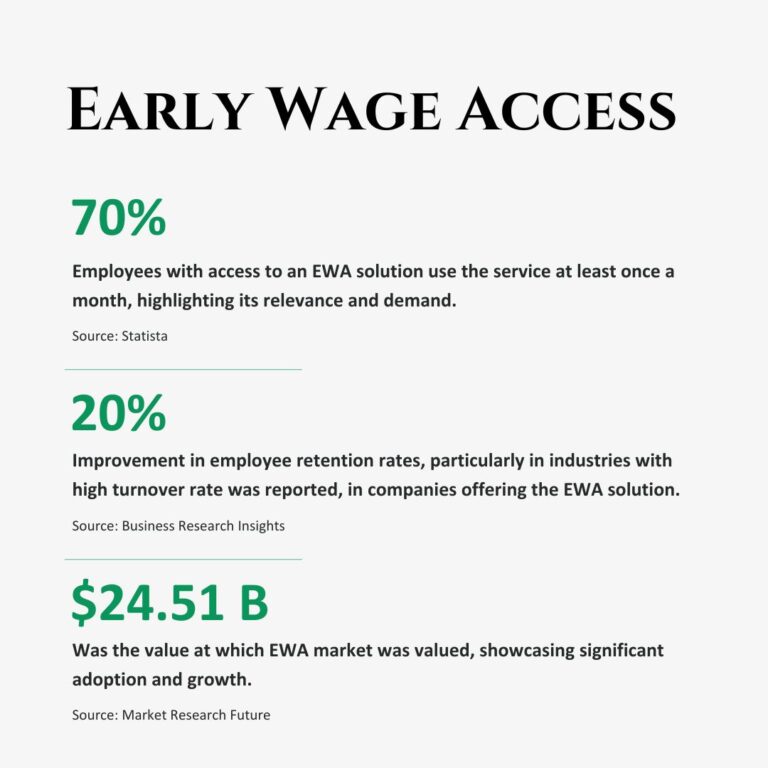Blogs
Introduction
For decades, financial emergencies meant payday loans, high interest borrowing, and added stress for employees. But a new model is taking over: Earned Wage Access (EWA). This innovative approach to employee pay allows employees to access their earnings before payday, without fees or loans.
In this blog, we’ll explore the shift from traditional emergency funding to instant pay, the impact of EWA on financial wellness, and what NeoQuant is doing to enable financial flexibility.
What If Payday Wasn’t a Fixed Date?
That’s the idea behind NQ Digital Lending Platform & Early Payday – a fast-growing solution that lets employees access the money they’ve already earned, whenever they need it. No loans. No interest. No waiting for payday.
It’s simple: work today, get paid today (or whenever you need it). That kind of flexibility can be a game-changer.
Why EWA Is More Relevant Than Ever?
One of the biggest obstacles affecting the productivity of people, is financial stress. It affects their focus, keeping them distracted, and eventually affecting employee retention. If your team is worried about bills, they’re not fully present on the job.
EWA gives them breathing room-without the wait.
More Than a Perk, It’s a Smart Strategy
Here’s why EWA is becoming a must-have:
EWA in Action: The Numbers Speak for Themselves
Rethinking Payroll for the Modern Workforce
Traditional pay schedules haven’t changed in decades-but the way we work has. EWA is the natural next step, giving employees more control without adding extra work for HR or finance teams. With secure integrations, customizable settings, and built-in compliance, it’s easy to roll out.
NQ Digital Lending Platform & Early Payday Solution – Shaping the future of financial wellness
Today, employees want more than just a paycheck-they want flexibility, financial stability, and a sense of security. NQ Digital Lending Platform & Early Payday delivers all three by giving them early access to wages they’ve already earned.
Step-by-Step Guide to Implementing EWA
In a world where financial wellness is central to employee well-being, NQ Digital Lending Platform & Early Payday is paving the way for smarter, more responsive compensation models. By enabling access to earned wages in real-time, it empowers employees and supports a healthier, more resilient workforce. Forward-thinking companies are already making the shift. Are you ready to join them?







